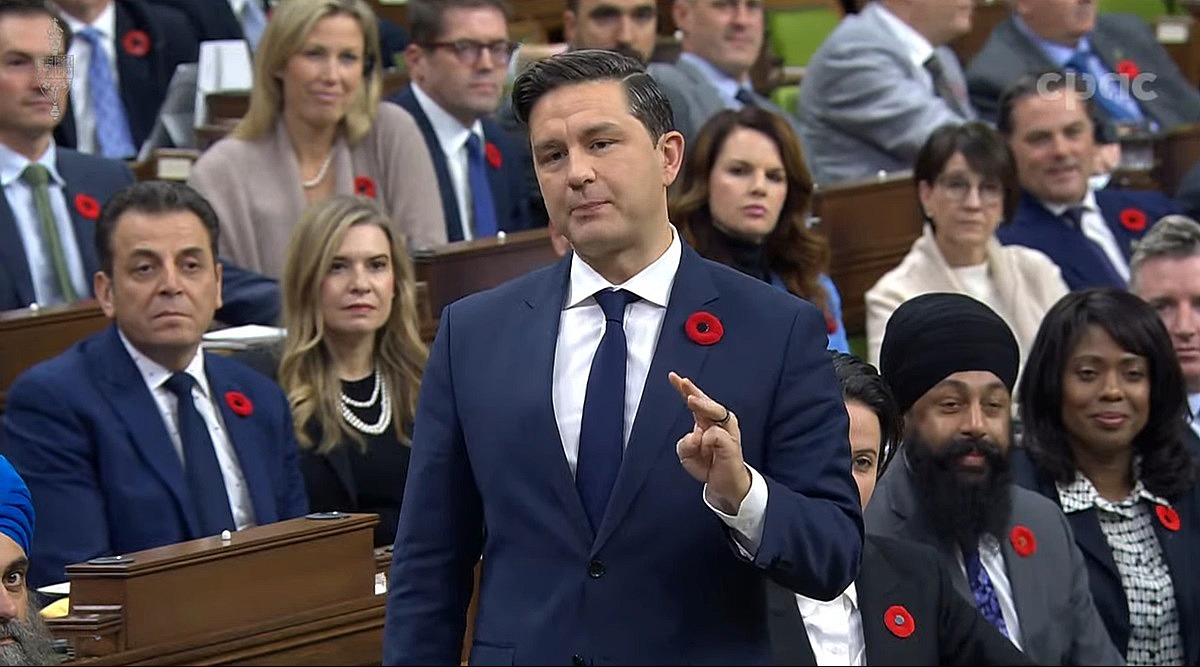In the Canadian parliament, a non-binding motion was introduced with the aim of temporarily halting the carbon tax across Canada, except for the Atlantic provinces. However, it failed to pass in the House of Commons. The motion was brought forward by Pierre Poilievre, the leader of the official opposition, and found support from NDP leader Jagmeet Singh. The non-binding agreement aimed to put a national pause on the carbon tax, which had been exempted for the Atlantic provinces.
The decision to grant exemptions to the Atlantic provinces, who rely heavily on oil for heating their homes, drew criticism from the Conservative Party, who labeled it a divisive move by the Trudeau government. They accused the government of using the issue as a means of election pandering, asserting that it was a way to pit one part of the country against another.
The motion faced a vote in the House of Commons, and the result was a defeat for the proposal, with 186 members voting against it, while 135 supported it. Notably, the Bloc Quebecois joined forces with the Liberals to vote down the motion.
Non-binding motions like this one have often been criticized as a waste of time in the House of Commons. While they are intended to show support for a particular party or group, they lack the legislative teeth to make a substantial impact on policy. Many argue that the time spent on such motions could be better utilized by Members of Parliament (MPs) to engage in more constructive debates and discussions on bills that have a direct impact on the lives of Canadians.
Non-binding votes are typically seen as a form of political pandering, where parties or MPs express solidarity with certain causes or groups, knowing that they lack the necessary support to turn the motion into a binding agreement or legislation.
The issue of the carbon tax remains a subject of vigorous debate in Canada. People tend to fall into one of two camps: those who support it as a vital tool in addressing climate change, and those who see it as a burden that disproportionately affects certain regions and industries. It is a complex issue, as the carbon tax can be seen as both a crucial environmental policy and a potential source of financial hardship for those who rely on oil for heating.
Whether a national pause on the carbon tax is a good idea or not is still up for debate. Those who rely on alternative heating sources may view it as a positive step, while others may argue that it is unfair to grant special treatment to specific regions. The debate highlights the challenge of balancing environmental concerns with the practical needs and economic realities of different parts of the country.
In the end, the failure of this non-binding motion reflects the contentious nature of the carbon tax issue in Canada. It poses further difficulty in finding a one-size-fits-all solution to the complex challenges posed by climate change and energy policy.









